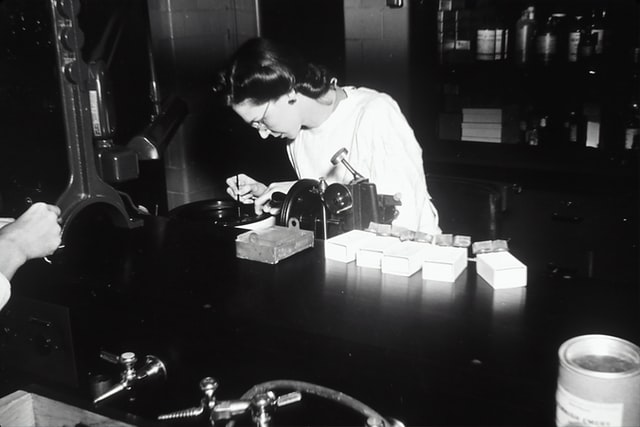The two months in 1980 that shaped the future of biotech
By Henry T. Greely,
STAT
| 10. 17. 2020
In the course of just under two months that started 40 years ago this week, five events occurred that shaped the biotechnology industry and bioscience research. Looking back on these seminal events is a reminder of the odd ways in which change happens.
Event 1: A Nobel Prize
Early in the morning of Tuesday, October 14, 1980, the phone rang at Paul Berg’s house in Stanford, Cal. The jangling phone worried Berg and his wife because Berg’s father was old and ill, and they feared the worst. Instead, Berg heard the voice of his Stanford colleague, Arthur Kornberg, telling him that Paul had been awarded the Nobel Prize for Chemistry. The Swedish Royal Academy had been unable to find Berg’s unlisted phone number, but one of Kornberg’s sons had heard the news very early in the morning on the radio and called his father, who called Berg.
Berg won half of that year’s prize for basic research into nucleic acids and for “certain aspects of recombinant DNA.” The other half was shared by Frederick Sanger and Walter (Wally) Gilbert for...
Related Articles
By Diaa Hadid and Shweta Desai, NPR | 01.29.2026
MUMBRA, India — The afternoon sun shines on the woman in a commuter-town café, highlighting her almond-shaped eyes and pale skin, a look often sought after by couples who need an egg to have a baby.
"I have good eggs,"...
By George Janes, BioNews | 01.12.2026
A heart attack patient has become the first person to be treated in a clinical trial of an experimental gene therapy, which aims to strengthen blood vessels after coronary bypass surgery.
Coronary artery bypass surgery is performed to treat...
By Staff, ScienceDaily | 01.05.2026
Scientists at UNSW Sydney have developed a new form of CRISPR technology that could make gene therapy safer while also resolving a decades-long debate about how genes are switched off. The research shows that small chemical markers attached to DNA
...
Following a long-standing CGS tradition, we present a selection of our favorite Biopolitical Times posts of the past year.
In 2025, we published up to four posts every month, written by 12 authors (staff, consultants and allies), some in collaboration and one simply credited to CGS.
These titles are presented in chronological order, except for three In Memoriam notices, which follow. Many more posts that are worth your time can be found in the archive. Scroll down and “VIEW...




